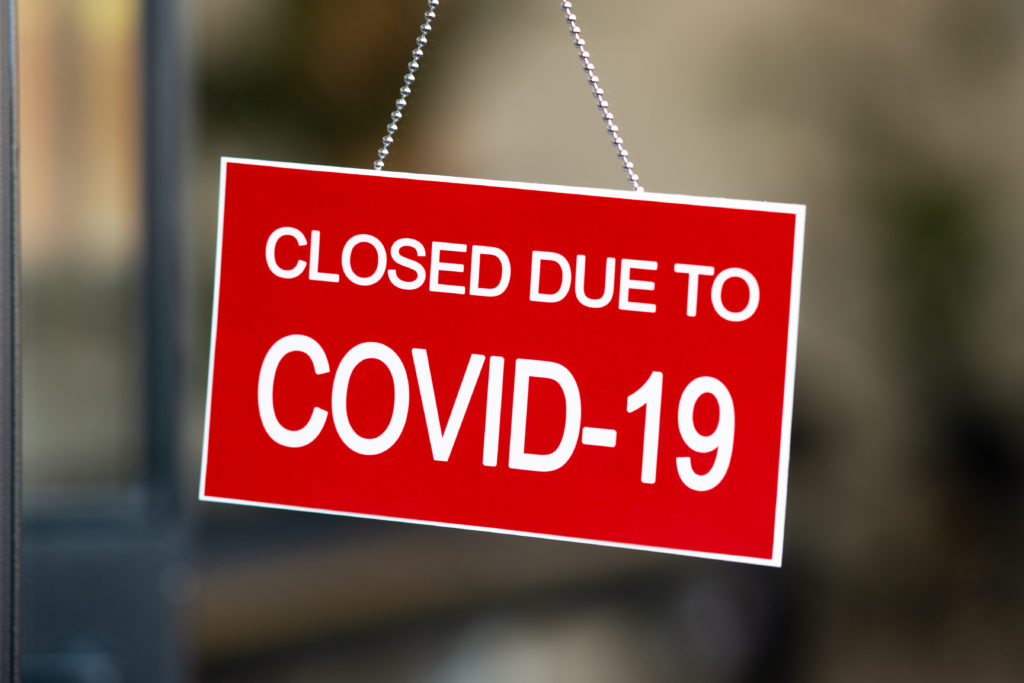Crown Preference Casts Shadow Over The Viability of CVAs for SMEs

Crown Preference Casts Shadow Over The Viability of CVAs for SMEs
On 12 October 2020, R3, the insolvency body, published a standard form COVID-19 company voluntary arrangement (CVA) proposal together with accompanying standard conditions for small and medium sized enterprises (SMEs) who have been affected by COVID-19.
This published proposal provides for:
- a delayed payment of all of the company’s debts and a mortarium;
- trading costs incurred during the CVA to be paid from the new trading income; and
- the cost of CVA supervisors to be met from the CVA’s operational cash flow.
Of course, the proposal will require to be tailored to an individual company’s circumstances but provides a useful guidance to SMEs who are considering this option. During the CVA period, various restrictions will apply to the company’s operations. In the event that the business of the company is sold, the proceeds will be paid first to secured creditors, then to pay debts incurred during the CVA and finally to pay CVA debts. CVA is always considered to be a useful restructuring tool.
However, there is a growing concern amongst insolvency professionals about the use of CVAs going forward once the Crown Preference comes into force on 1 December 2020. From 1 December 2020, some of the dues to HMRC will get a preferential status and will rank above other unsecured creditors.
Secured and preferential creditors cannot be affected by the terms of the CVA and therefore, this preferential status will reduce return for all unsecured creditors. Considering HMRC has offered substantial help by giving payment holidays to assist companies deal with COVID crisis, come 1 December, if a company has large payments due to HMRC, any proposed CVA will most likely fail. A CVA is required to be approved by at least 75% of the creditors who will reject it if their return is substantially lower than the existing debt.
A company is of course able to enter into separate arrangements with HMRC. However, in the absence of a suitable time to pay arrangement with HMRC, a CVA may not be a viable restructuring tool for many SMEs, leaving them to consider other options such as administration or liquidation. This is most likely going to be an unintended outcome of the change to Preferential Status which was announced in 2018.
We may see increase in administrations and CVAs just before 1 December 2020. Whether the Government will intervene or not to address this situation remains to be seen.
Speak to our Corporate Restructuring and Insolvency experts.
Our team are on hand to advise you accordingly. If you require advice or a quote for our fees, please contact the team at insolvency@ibblaw.co.uk or call 01895 207264 .
